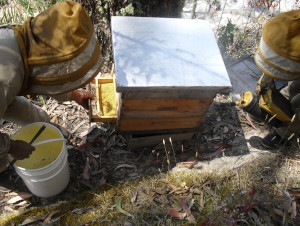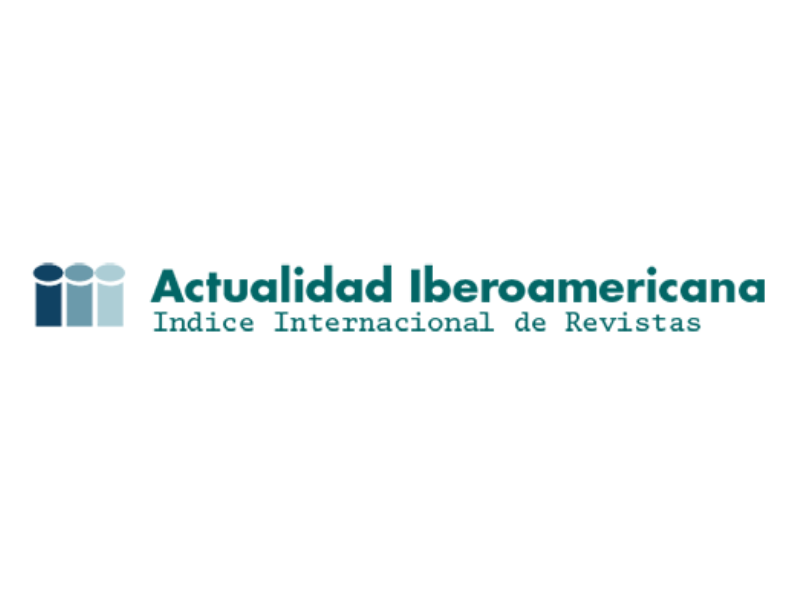Microbiological characterization of dried and frozen pollen in Viracachá-Colombia
Caracterización microbiológica de polen seco y congelado en Viracachá-Colombia

Show authors biography
Objective. Microbiologically characterize dry and frozen pollen produced in the municipality of Viracachá-Boyacá. Materials and methods. Through a quantitative descriptive cross-sectional study, samples from 5 apiaries were taken, each with 10 hives, separating the pollen dry and frozen, determining for each sample: mesophilic aerobes, total coliforms, fecal coliforms, Staphylococcus aureus, Clostridium sulfite reducer, and fungus. The data obtained were analyzed according to international regulations and compared with research results in other countries. Results. Total and fecal coliforms were found in three of the five apiaries evaluated and only in dried pollen samples. Also, in two apiaries when dry pollen was analyzed, Staphylococcus aureus was found. The microbiological results of most samples are within the ranges of some international regulations; however, the best results in terms of microbiological quality were determined for frozen pollen. Conclusions. The pollen freezing process offers advantages related to maintaining microbiological quality compared to the drying process. It is necessary to evaluate the microbiological quality of both products throughout the storage time.
Article visits 1280 | PDF visits























